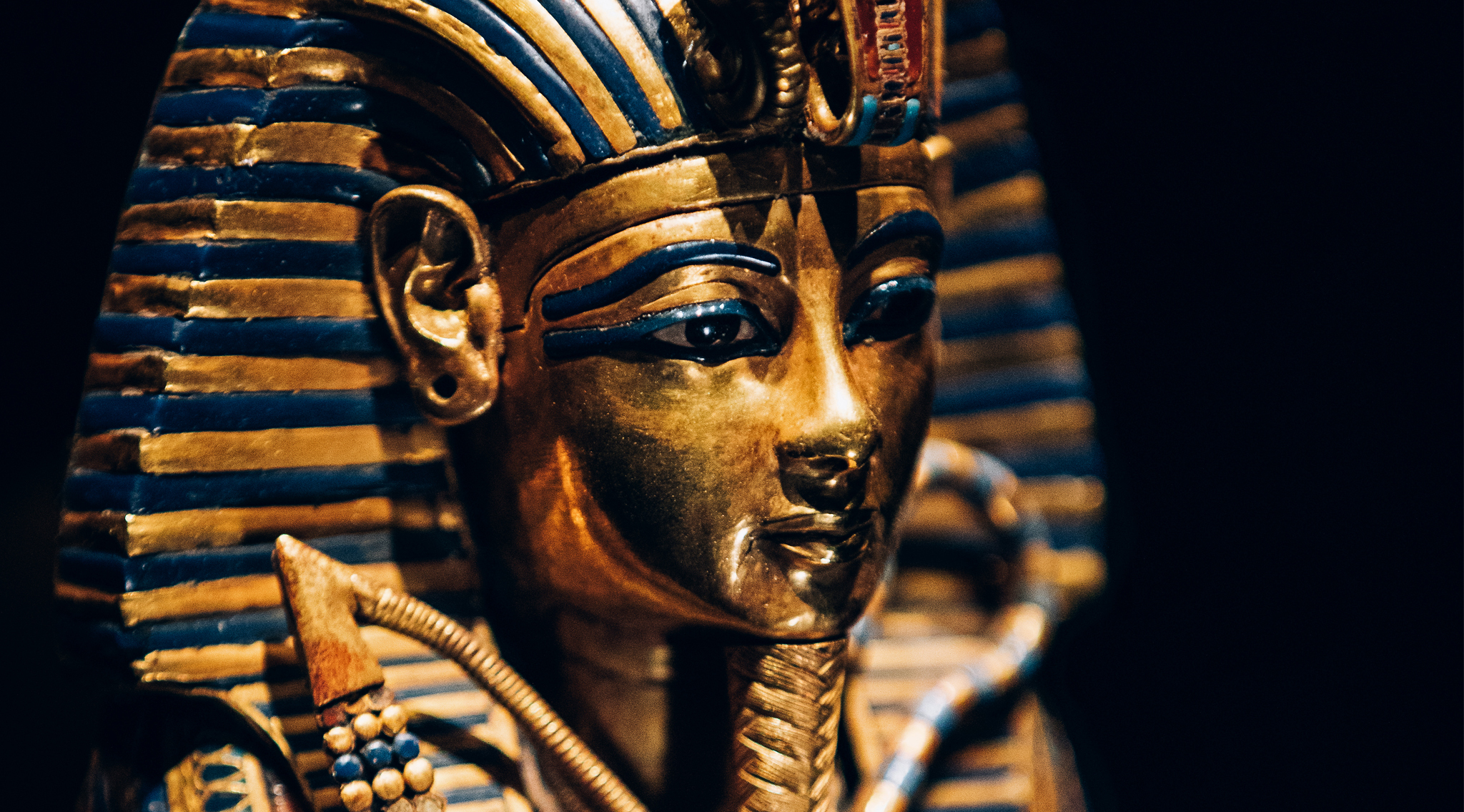
In many ways, the book of Exodus is the cornerstone of the bible. The story of liberation from slavery and the idea that God identifies with the oppressed is the bass-line for Jesus’ ministry. But there was always one part of the narrative that I struggled with, says Kevin Hargaden.
Moses – a convicted murderer – has been chosen by God to be his representative leader for the Hebrew slaves. He is sent to Pharaoh to demand freedom and when the Egyptian ruler refuses, God unleashes a series of horrifying plagues on his kingdom.
I never understood why Pharaoh was so slow to get the message. As each successive nightmare scenario descends on his people – the water turning to blood, the mass of frogs, the onslaught of gnats, the swarms of flies, the pestilence that afflicted the animals, the boils that afflicted everyone, the hail and rain that ruined the economy, the locusts that devoured what was left, the darkness that presaged the final plague – the writer records in almost liturgical fashion that Pharaoh’s heart remained closed and he would not listen to Moses. When the final plague strikes and every firstborn son dies, Pharaoh finally relents and commands Moses, “Rise up, go away from my people, both you and the Israelites!”
I could never understand how Pharoah’s heart stayed closed after the barrage of affliction that came upon him. Each time, Moses would tell him what was about to come to pass. Each time, it happened just as he said it would. Each time, Pharaoh effectively shrugged his shoulders and said, “Yeah, but I’m still king.” I could never believe this as a feature of the story and could only make sense of it through an imposition on the text that somehow God’s active intervention was blinding Pharaoh from the obvious truth.
Now, a few weeks into Coronatide, I understand this text.
The illumination is in the detail.
It is not true to say that Pharaoh remained stubbornly opposed to all wisdom and intent on following only his own lights. When we consider the text slowly, we see that again and again Pharaoh does try to avert disaster and each time he lets Moses and the Israelites worship the Lord and experience a little liberty, he takes the ensuing calm as a sign that there was never anything wrong in the first place (see, for example, Exodus 9:34).
The only thing that moves Pharaoh is a threat to Pharaoh. He does not care about the burden of his workers, or his creatures, or his environment. When the threat against Pharaoh appears to be removed, he does not take this as a signal to change his way of life but as an affirmation of the ways that are under judgement.
I finally understand why Pharaoh’s heart was closed because under the threat of Covid-19, my heart operates the same way. I read the statistics and calculate that I will probably be ok when I get this virus. My wife and son will likely survive too. If I did not have loved ones who were at risk, I might have been joining those who filled the bars and restaurants of central Dublin last weekend. I am reckless with the health of strangers, and only in my noblest moments do I think at all about the creatures and the wider environment that is sacrificed so I can continue to be the Master of my little portion of the Universe.
I am taking the Coronavirus lockdown very seriously. Each day is filled with reflection and prayer. I pray for my vulnerable loved ones as I wash my hands. I reflect on the globalised economic system that channelled this virus so rapidly into 170 countries around the world. We plan every meal and preserve every resource and calculate carefully for every trip outside. I check in with family and friends with diligent regularity and am eagle-eyed for any signs of need within my neighbours. I weigh up the way of life I have been living and find it wanting.
Like Pharaoh, I have, in this moment, relented.
But I know myself well enough to know my heart has not opened for good. My heart is so closed that I already judge myself more righteous because unlike others, I kept my child away from playgrounds and I did not frequent any bars or restaurants. I reassure myself that I can be counted among those people who are good, which is about as clear a sign as is possible that your heart is closing. The division of the world into groups of good and bad is not the sort of project an open heart pursues.
I suspect that the moment a vaccine is announced or the second that this lockdown is lifted, I’ll revert to the comfortable and convenient habits of consumption and reckless disregard for the environment that marked my life even to a few short weeks ago. My noble thoughts will recede as I start to plan a big holiday – it’s our new social obligation to help kickstart the economy! – and I’ll return to a situation where the only demand my neighbours can make of me is that I nod warmly if we pass each other on the street. I’ll sincerely thank God for our release on that first day, and go back to business as usual the next.
For years I struggled to understand Pharaoh’s reaction to God’s interruption in his life. It’s because I never thought of myself as a Pharaoh.

